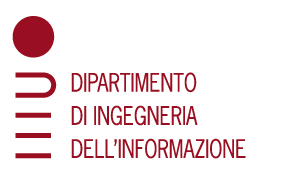Pervasive and Mobile System Security, Energy-Aware Security
Submitted by zennaro2 on
The proliferation of wideband connections, while opening the market to a large number of innovative web-based applications, also turns any home PC into a target for intrusions and drafting into botnets. Furthermore, the "Connected World" vision at the very base of both the Internet of Things and the Cyber-Physical systems makes every object both a target for an attack and a possible injection point for malware. Thus, the capability to exchange electronic data in a secure framework is a basic requirement of the economy of our modern society, and impacts on several other fields (e.g.






